 Get
Get
Rwandan Francs Fast!
- Free home delivery over £750
- with Royal Mail Special Delivery 1pm
- Better rates than the banks
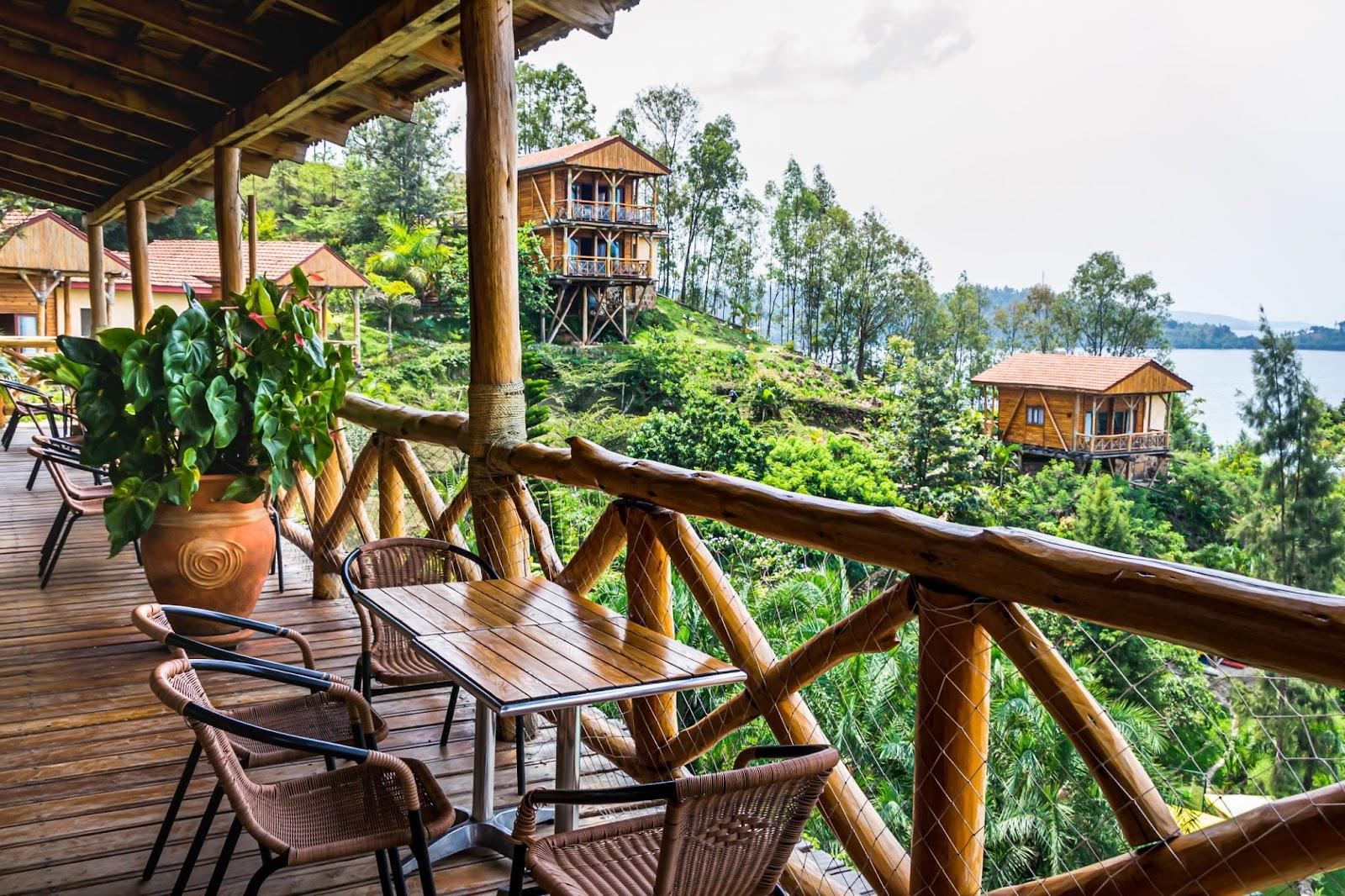
Travelling to Rwanda?
Get the best rates for Rwandan francs online
Ordering Rwandan francs for your trip to Rwanda is a breeze with Manor FX. We provide excellent exchange rates, ensuring you get more RWF for your pounds.
Get your Rwandan francs delivered safely to your doorstep or pick them up from our Manor FX bureau near Heathrow.
Our hassle-free online ordering process and quick delivery make getting your Rwandan currency easy.
Convert your British pounds to Rwandan francs today!
Rwandan travel money
Embarking on a journey to Rwanda, the land of a thousand hills? Here’s what you need to know about using cash and cards in Rwanda.
Can you get Rwandan francs in the UK?
Yes, you can buy Rwandan francs in the UK, but it can be tricky because it’s a less common currency.
Save a trip to the bureau de change. Order your travel money today and have your Rwandan francs delivered securely with Royal Mail Special Delivery.
Buy your francs now
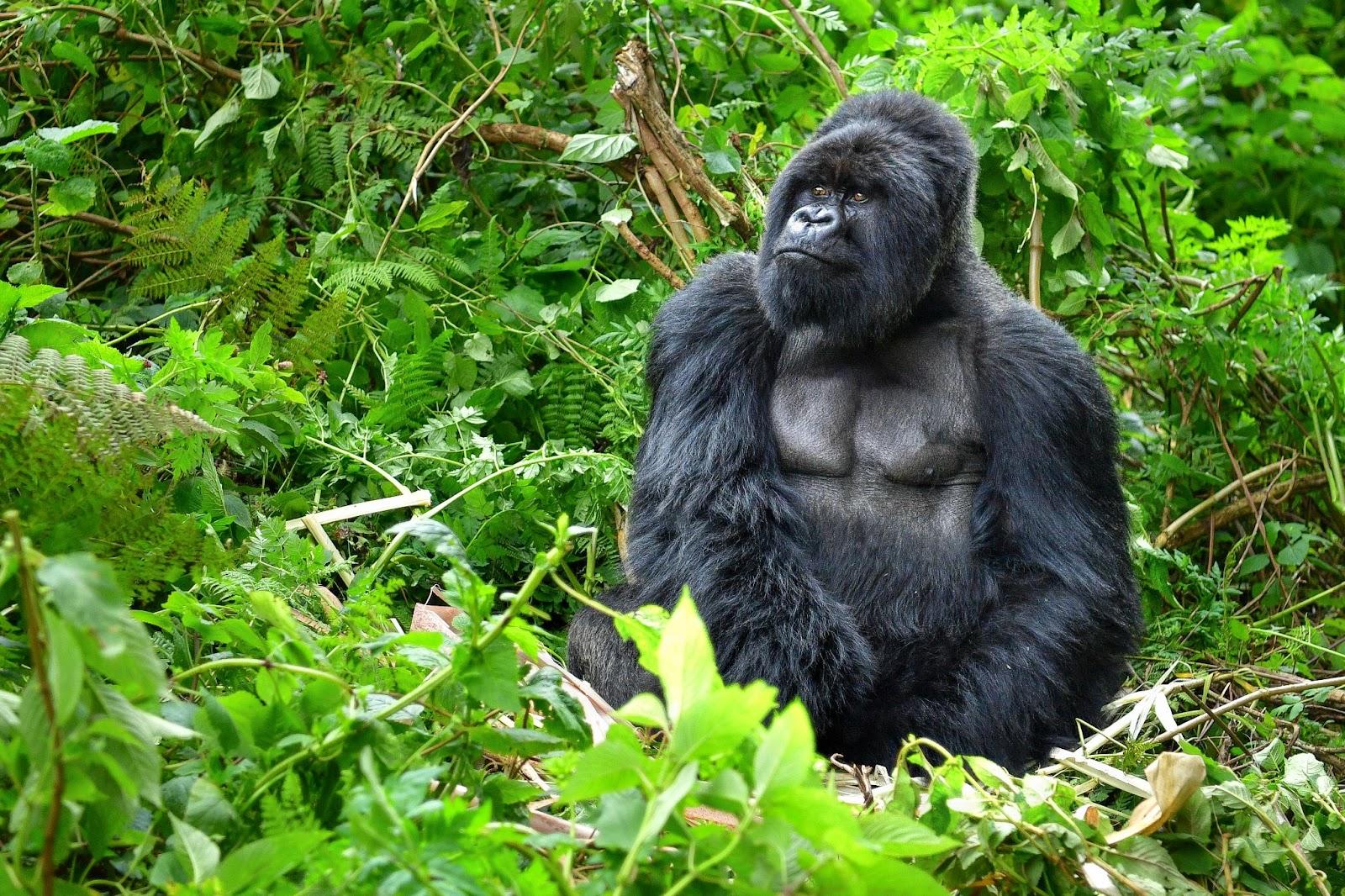
Where’s the best place to get Rwandan francs?
Getting Rwandan francs (RWF) in the UK is simple with us. Our bureau de change in Datchet offers competitive rates. Enjoy free home delivery on orders over £750, or collect your Rwandan francs in-store.
What is the best currency for Rwanda?
While Rwandan francs are the official currency, USD and euros are also accepted, especially in tourist areas.
Having a mix of Rwandan francs and foreign currency is advised.
Pro tip: It’s best to confirm accepted payment methods with places you plan to visit.
Should I bring cash to Rwanda?
Yes. You’ll need to have local currency ready when travelling to Rwanda. Exchange some money beforehand for immediate expenses like transport and small purchases.
In Rwanda, cash is king. Card payments might be accepted in cities and tourist spots, but having cash is crucial for local markets or remote areas.
Convert your pounds to Rwandan francs in advance for a smooth experience.
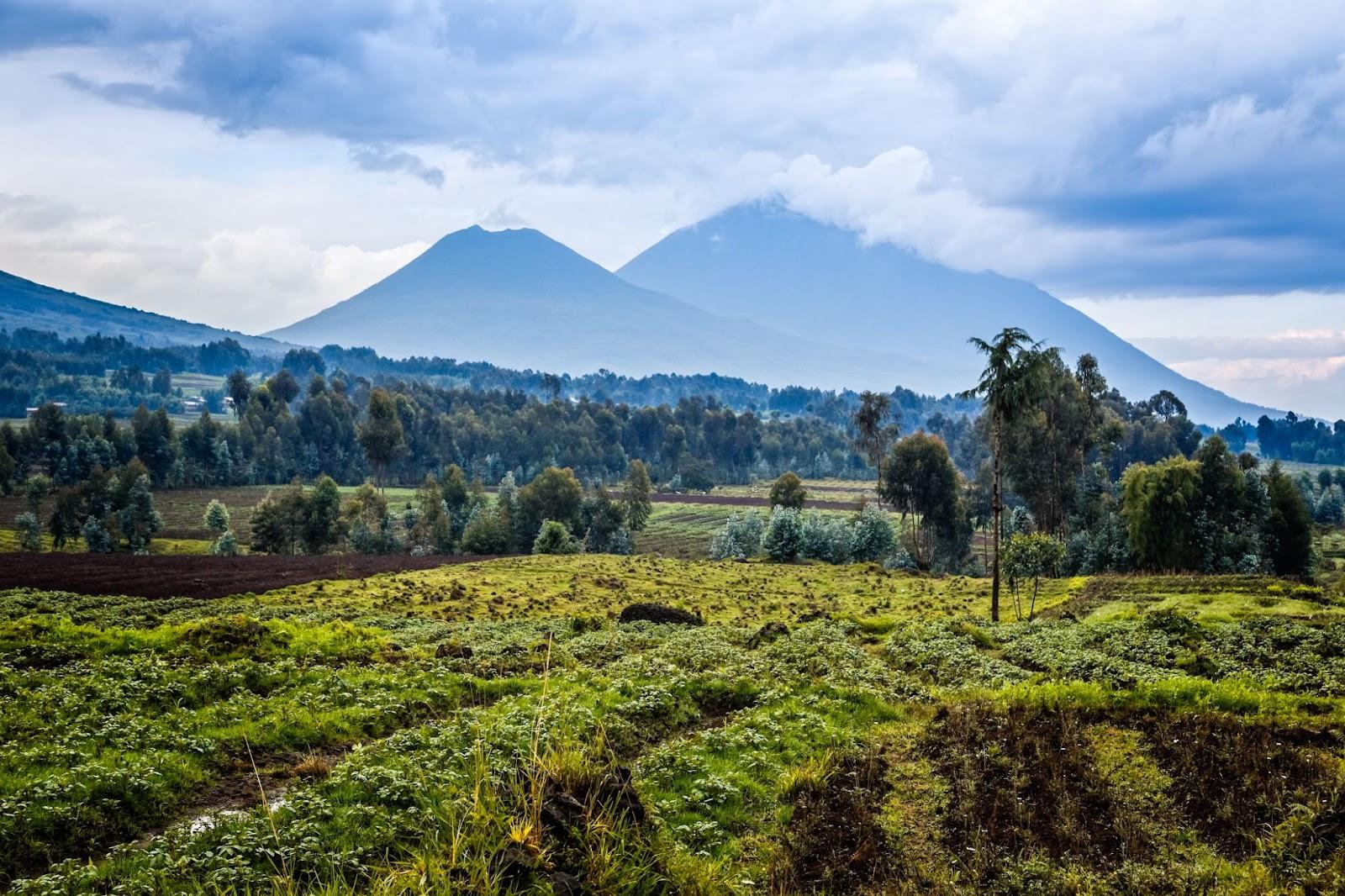
How much cash should I bring to Rwanda?
When planning a trip to Rwanda, the amount of cash to bring can vary depending on your travel style. Here are estimates for budget, mid-range, and luxury trips.
Budget trip:
- Hostels/guesthouses: 5,000 – 10,000 RWF per night (approx. £4 – £8).
- Local eateries: 2,000 – 5,000 RWF per meal (approx. £1.60 – £4).
- Public/shared transport: 1,000 – 3,000 RWF daily (approx. £0.80 – £2.40).
- Free or low-cost sightseeing: 5,000 – 10,000 RWF (approx. £4 – £8).
- Total per day: Approximately 13,000 – 28,000 RWF (approx. £10 – £22).
Mid-range trip:
- 3-star hotels: 30,000 – 60,000 RWF per night (approx. £24 – £48).
- Mid-range restaurants: 10,000 – 15,000 RWF per meal (approx. £8 – £12).
- Car rental/taxis: 20,000 – 40,000 RWF daily (approx. £16 – £32).
- Guided tours, paid attractions: 20,000 – 50,000 RWF (approx. £16 – £40).
- Total per day: Approximately 80,000 – 165,000 RWF (approx. £64 – £132).
Luxury trip:
- Luxury hotels/resorts: 100,000 – 250,000 RWF per night (approx. £80 – £200).
- High-end restaurants: 20,000 – 40,000 RWF per meal (approx. £16 – £32).
- Private driver: 50,000 – 100,000 RWF daily (approx. £40 – £80).
- Premium experiences: 50,000 – 150,000 RWF (approx. £40 – £120).
- Total per day: Approximately 220,000 – 540,000 RWF (approx. £176 – £432).
Remember, these are estimates and can vary based on individual preferences, fluctuating exchange rates, and changes in local prices.
Have a mix of cash and cards for flexibility. Always check the latest exchange rates before your trip for the most accurate conversion.

Is Rwanda using cash or card?
In Rwanda, both cash and card payments are used, but their acceptance varies depending on location and type of transaction:
- Cash is widely used and often preferred, especially in smaller towns, rural areas, local markets, and with small businesses. The Rwandan franc (RWF) is the primary currency for cash transactions.
- In urban areas, particularly in Kigali, the use of debit and credit cards is becoming more common. Major hotels, upscale restaurants, and some shops accept card payments. Visa and Mastercard are the most widely accepted, while American Express and other cards might have limited acceptance.
- Mobile money services like MTN Mobile Money and Airtel Money are popular and widely used for various transactions, including bill payments and transfers.
- ATMs are available in cities and larger towns. They are a reliable source for withdrawing Rwandan francs using an international debit or credit card. However, in more remote areas, ATMs might be scarce.
We advise carrying a mix of payment methods – some cash in Rwandan francs for everyday purchases and a debit or credit card for larger expenses or in areas where card payments are accepted.
Always inform your bank about your travel plans to avoid issues with card usage abroad.
Don’t forget that we’ll happily convert Rwandan francs to pounds if you have any leftover when you return.
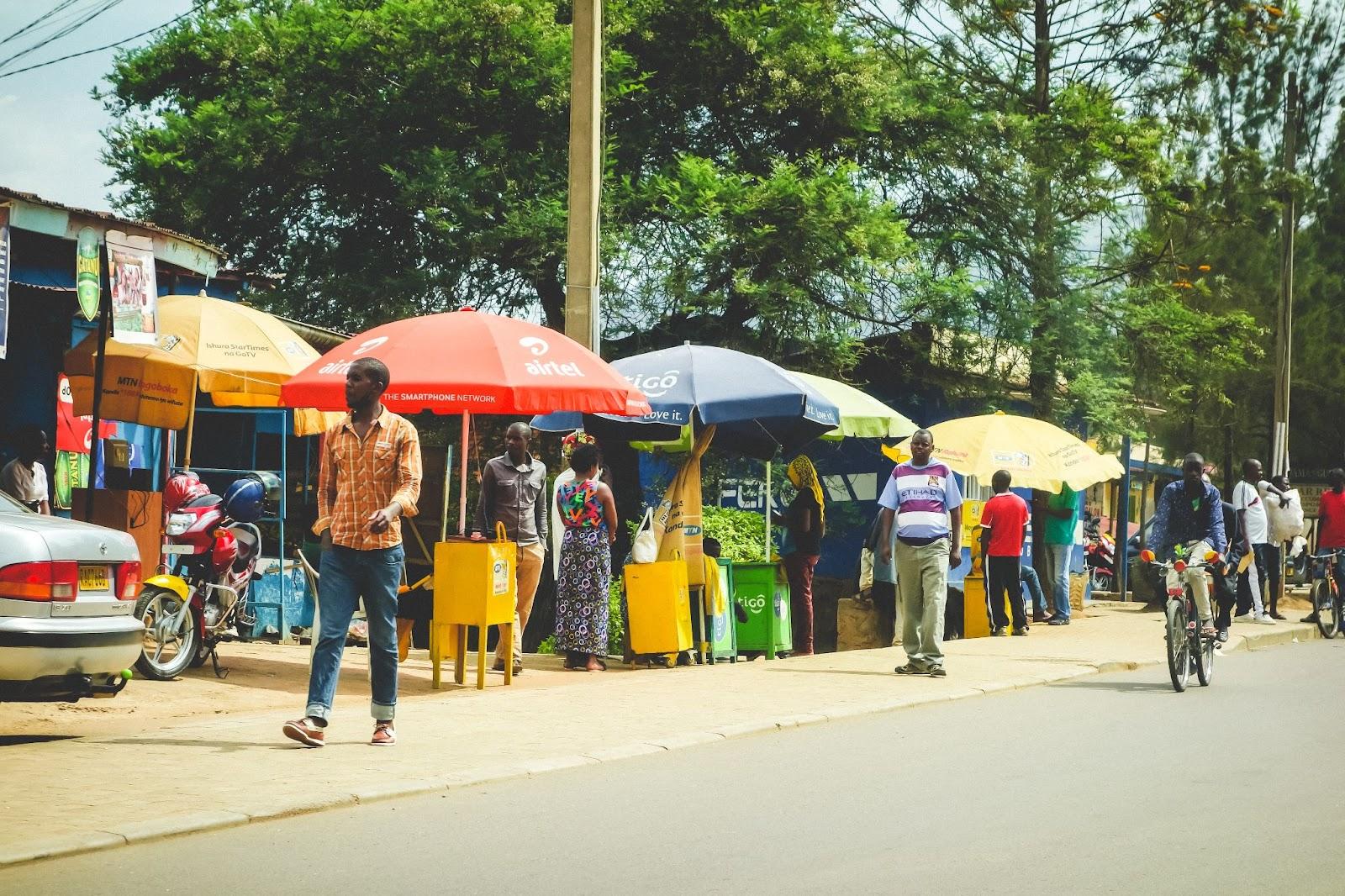
Can I use my credit card in Rwanda?
Yes. You can use bank cards in Rwanda, especially in urban areas. Helpful tip: Inform your bank about travel plans to avoid international card use fees.
Does Visa card work in Rwanda?
Yes, Visa cards are generally accepted in Rwanda, particularly in urban areas and tourist-centric locations.
Does MasterCard work in Rwanda?
Yes, MasterCard is accepted in Rwanda, particularly in built-up areas and tourist-friendly areas. Here are some key points to consider when using a MasterCard in Rwanda:
How do you avoid ATM fees in Rwanda?
Choose ATMs of major banks, withdraw larger amounts less frequently, and check if your bank has partnerships with Rwandan banks to minimise fees.
Is Rwanda a cheap place to visit?
The cost of visiting Rwanda can vary widely depending on your travel style and choices. Here’s a breakdown to give you an idea:
- Budget-friendly: Rwanda can be a relatively affordable destination for budget-conscious travellers. Affordable options for accommodation, such as guesthouses or hostels, local eateries, and public transportation, can keep costs low. Sightseeing and exploring natural landscapes, often free or low-cost, add to its budget-friendly appeal.
- Mid-range to luxury: Costs can rise significantly for those seeking more comfort or luxury. Rwanda offers upscale lodges, especially near gorilla trekking destinations, which can be expensive. Dining in higher-end restaurants and using private transportation or guided tours will also increase the budget.
- Tourist attractions: The primary draw for many visitors to Rwanda is gorilla trekking, which can be costly. The permits alone are expensive, in addition to the costs of guided tours, accommodation, and transportation in these areas.
- General living costs: Day-to-day expenses in Rwanda, like food and local transport, are generally reasonable. Mainly when sticking to local options.
In summary, Rwanda can cater to budget travellers and those seeking luxury experiences. Certain aspects, like gorilla trekking, are on the higher end of the cost spectrum. Other experiences and daily expenses can be managed economically.
As with any travel, careful planning and budgeting according to your preferences and interests will determine the overall cost.
How does tipping work in Rwanda?
Tipping isn’t mandatory, but appreciated. Around 5-10% in restaurants, £4-£8 per day for tour guides and drivers, and £0.80-£1.60 for hotel staff is customary.
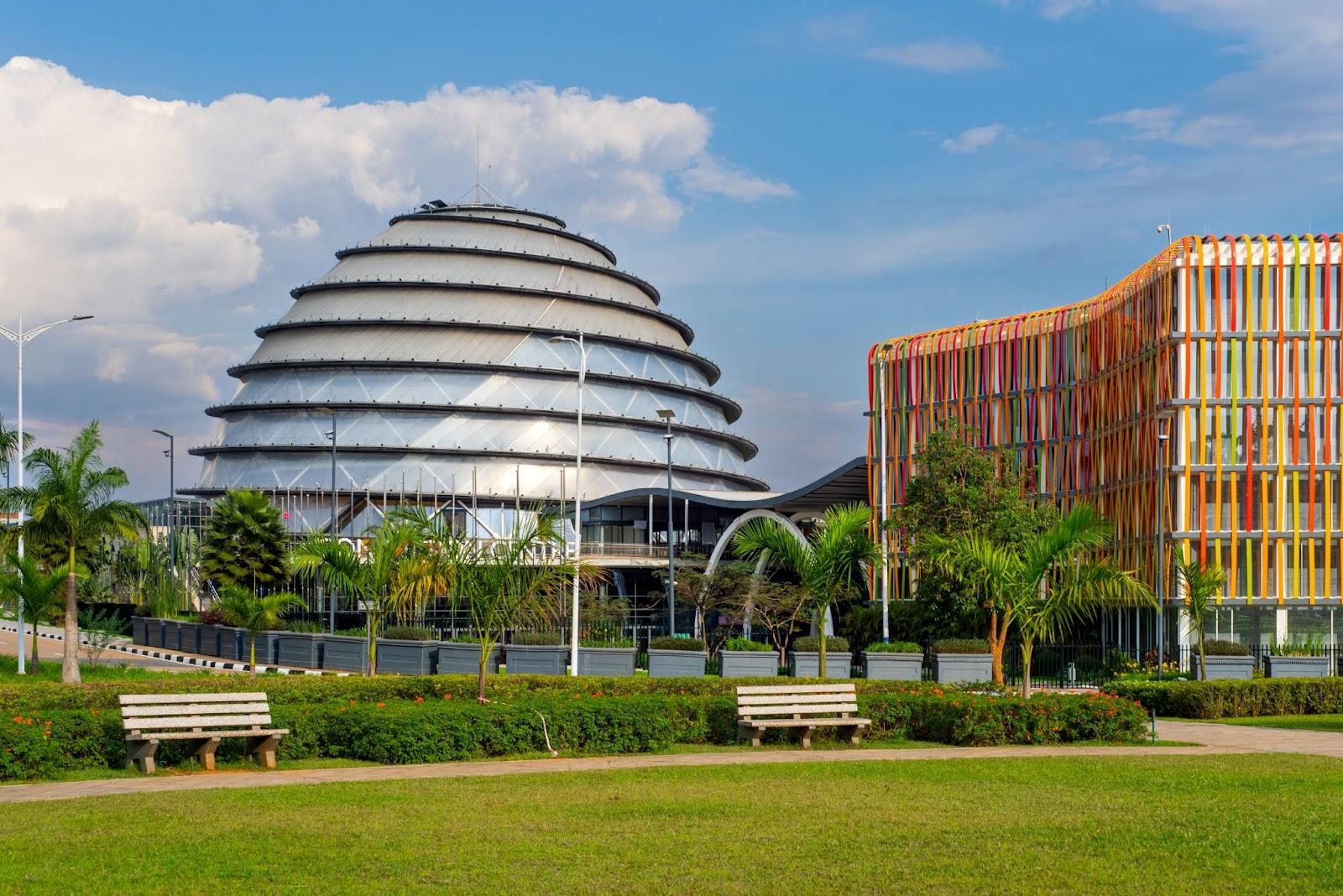
Buy your francs now
Rwandan currency
Banknotes
Rwandan banknotes are available in 500, 1,000, 2,000, and 5,000 denominations. Each note has unique designs and colours, making them easy to tell apart.
On the front, you’ll often see key national symbols. Examples include the Intore Dancer and the Vision 2020 Umurenge Program. These represent Rwanda’s rich culture and its goals for development.
On the back, the notes depict Rwanda’s stunning natural scenery and wildlife. One notable feature is the Mountain Gorilla. This majestic animal highlights Rwanda’s dedication to preserving its wildlife.
Coins
Rwandan coins are a key part of the nation’s currency, issued by the National Bank of Rwanda. They are available in denominations like 1, 5, 10, 20, 50, and 100 Rwandan francs (RWF).
Each coin is distinct, featuring designs that showcase Rwanda’s culture and history. These designs often include traditional art and national symbols.
Made from durable materials like nickel and copper, the coins vary in size and metal based on their value. This makes them easy to identify and use in everyday transactions. Rwandan coins are essential for small purchases and are widely used alongside banknotes.
Currency import and export regulations in Rwanda
Currency import regulations:
You can bring in any amount of foreign currency in Rwanda without restrictions. But, if you have $10,000 or more, you must declare it when you arrive.
Currency export regulations:
Like the rules for bringing money into Rwanda, there’s no limit on how much foreign currency you can take out.
But, if you’re taking out $10,000 or more, you must declare it at customs. For Rwandan francs (RWF), there are limits on how much you can take out. This is to stop too much local currency from leaving the country.
Ordering Rwandan francs online
Convert your GBP to RWF online and have it delivered securely, or pick it up from our shop near Heathrow.
Selling back Rwandan francs
Easily convert leftover RWF to GBP with Manor FX. We offer excellent rates for your leftover Rwanda currency.
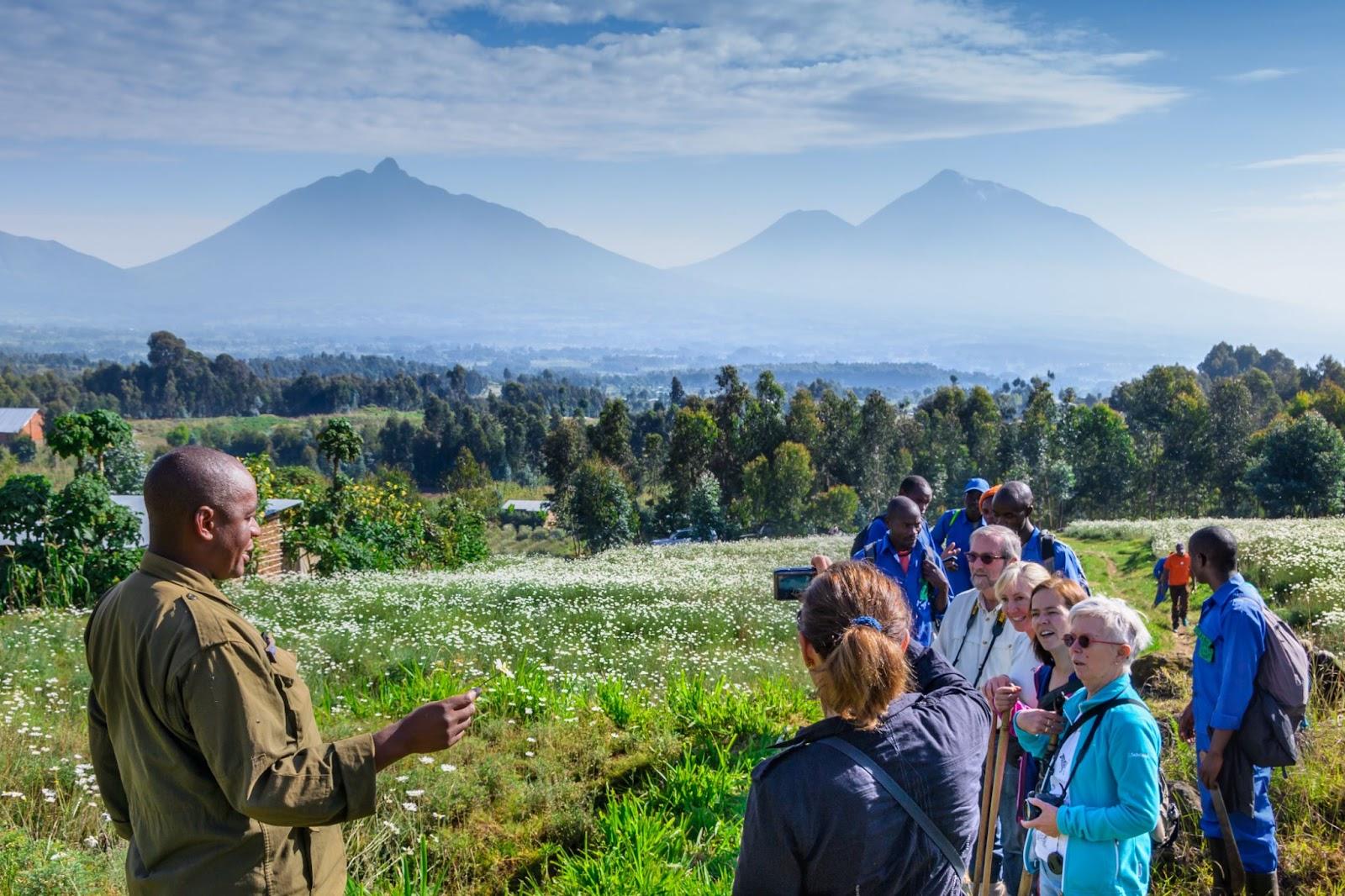
FAQs
Why get excited about the 2025 World Championship Cycling in Rwanda?
The 2025 World Championship Cycling in Rwanda is an event to be genuinely excited about for several reasons:
- A first for Africa: This is Africa’s first time hosting the event. It’s a big deal for Rwanda and the entire continent.
- Amazing views: Rwanda is known as the “Land of a Thousand Hills”. Expect incredible hills and scenic routes.
- Experience Rwanda’s culture: It’s a chance to dive into Rwanda’s rich culture. Enjoy their food, music, and traditions.
- Top cyclists: The world’s best cyclists will be there. An excellent opportunity to see top athletes in action.
- Growing cycling in Africa: This event puts a spotlight on the growth of cycling in Africa. Exciting for the sport’s future there.
- Tourism boost: It will show the world what Rwanda offers as a travel destination.
So, the 2025 Championship in Rwanda isn’t just about cycling. It’s about making history, experiencing a unique culture, and watching thrilling races in one of Africa’s most beautiful countries.
Do you need a visa to go to Rwanda?
Whether you need a visa for Rwanda depends on where you’re from. Here are the key points:
- No visa needed: Some countries, especially in Africa, don’t need a visa for Rwanda. They can stay for a set time without one.
- Visa on arrival: People from countries like the USA, UK, and EU can get a visa when they arrive in Rwanda.
- E-Visa: You can also apply for a visa online before your trip. This is done on Rwanda’s immigration website.
- East African tourist visa: If you’re visiting Kenya and Uganda too, consider this visa. It’s suitable for all three countries.
Always check the latest visa rules from official sources or the Rwandan embassy before you travel. Visa policies can change.
What vaccinations are required for Rwanda?
When you go to Rwanda, there’s no compulsory vaccination, except for Yellow Fever if you’re coming from a country where it’s common. It’s wise to be up to date with your usual vaccines like MMR (measles, mumps, rubella), Diphtheria-Tetanus-Pertussis, Chickenpox, Polio, and the annual flu vaccine.
Doctors often recommend vaccines for Hepatitis A and Typhoid because of the risk from food or water.
If planning certain activities, you might also need shots for Hepatitis B, Rabies, and Meningitis.
Malaria is also a risk in Rwanda, so taking medicine to prevent it and avoiding mosquito bites are essential. Before you travel, it’s best to talk to a travel health specialist or doctor for advice that fits your health needs and trip details.
What is the best time to travel to Rwanda?
The best times to visit Rwanda are from June to September and December to February. Here’s why:
- Wildlife: These dry months are great for seeing wildlife, like gorillas. The trails in the national parks are easier to walk on.
- Weather: You’ll find less rain and clearer skies during these times. This makes it nicer for travelling and doing outdoor stuff.
- Bird watching: Rwanda is good for bird watching all year, but the dry seasons are the best for getting around different bird habitats.
- Photos and exploring: With less mud and clearer skies, taking photos and seeing the sights is easier.
Remember, these months are also the busiest. If you don’t like crowds, you might try the wetter months (October to November and March to May). But be ready for more rain, which can affect your plans.
Feel the Trustpilot love

Great competitive rates & friendly & helpful staff. Easy to order online & collect in person or delivery.

Great, fast and reliable service would certainly use again for my travel needs, as the rates are the best around!

This amazing company have gone above and beyond in getting a large amount of a rare currency across the pond to Ireland.

Great rates and really responsive, friendly customer support, will definitely be using Manor FX again.

Manor FX gave me a better rate than my bank with great customer service, I highly recommend them.

Family run business that’s always super helpful. Manor FX’s rates are always really good as well!
 Get
Get
Rwandan Francs Fast!
- Free home delivery over £750
- with Royal Mail Special Delivery 1pm
- Better rates than the banks